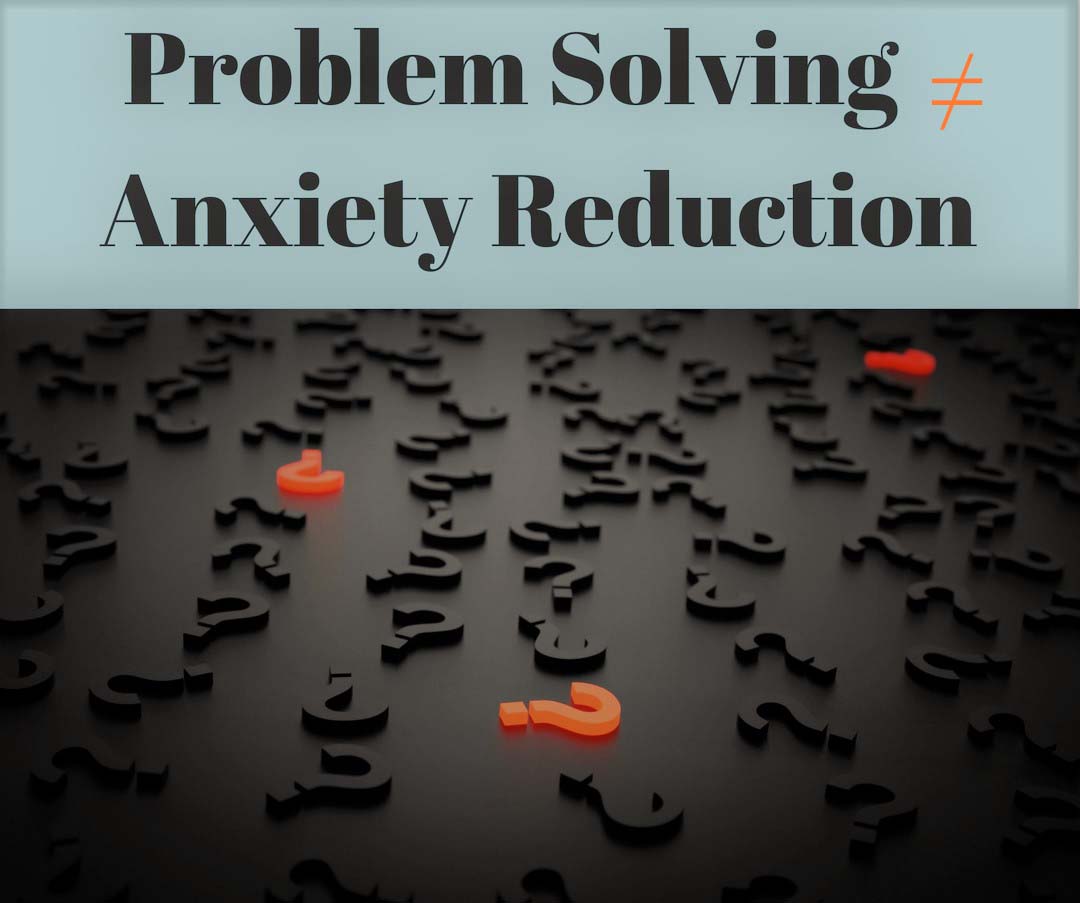In much of our modern lives, we find it acceptable to move away from situations that make us uncomfortable, and move towards ones that we enjoy. While this fits for many situations (leaving an unfulfilling job for one that I enjoy), it can also be counterproductive. When our lives are dictated by the concept of “move away from negative and only engage in positive”, we can find ourselves in trouble.
“I struggle in math and it makes me anxious, so I’m not going to study math. I like video games and I’m good at it, so I’m going to do that instead.”
We can immediately see how this can be problematic, but often the issue can be more subtle:
“I don’t really need to lead that team meeting, they can do it without me.”
(What if they ask me questions I can’t answer? What if there are so many people that I can’t leave easily?)
Rather than moving along an anxious to comfortable continuum, a better approach is to assess the wisdom of engaging in a behavior, regardless of how it makes one feel emotionally.
“If I don’t study math, what will the outcome be? Initially I’ll feel more anxious, but I’ll learn the information, which will lead to lower anxiety in the long run and I’ll get a better grade which can me feel more confident. It’s not as fun as gaming but more useful.”
“I don’t like leading meetings, but everyone on my team is supportive and we’ll get the project done more quickly, which may lead to a bonus.”
This approach doesn’t come naturally, and requires changing how one thinks and behaves, often despite how one feels, not because of it.

